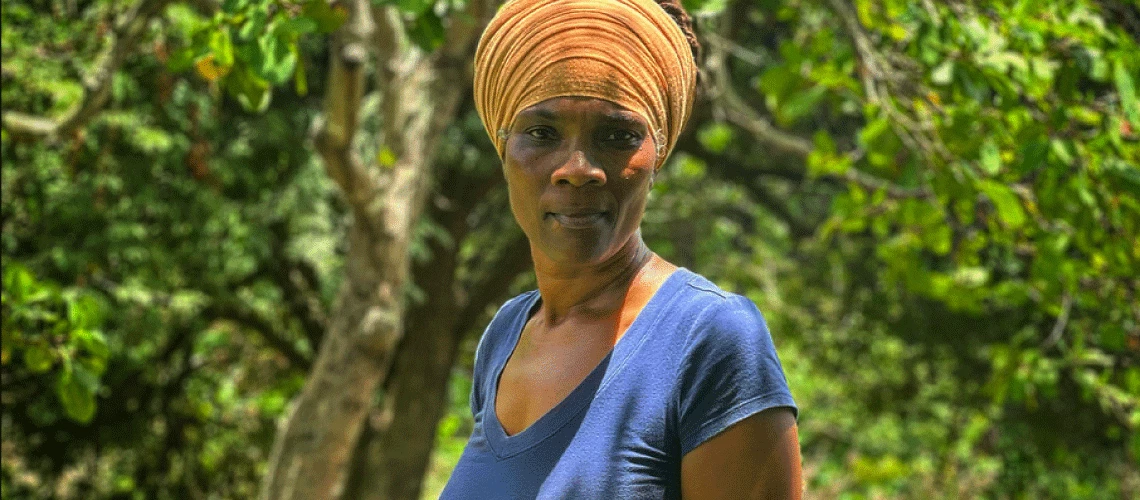 Empress James, the first woman to lead the Iyanola Council for the Advancement of Rastafari (ICAR). As ICAR's president, she advocates for the needs of her community, with food security being among the most important. Copyright: World Bank
Empress James, the first woman to lead the Iyanola Council for the Advancement of Rastafari (ICAR). As ICAR's president, she advocates for the needs of her community, with food security being among the most important. Copyright: World Bank
"It's raining, and that's good, but it's too early. One really can't predict seasons anymore. It's an effect of global warming, and it's hitting us hard," says Empress James, the first woman to lead the Iyanola Council for the Advancement of Rastafari (ICAR). As ICAR's president, she advocates for the needs of her community, with food security being among the most important.
Empress James shares her story while showing us the celery, plantains, tomatoes, breadfruit, and other fresh produce from her farm. She says, "I was very young when I became a single mother. Then, as a Rastafari woman, I became a farmer and a fisher and encouraged other Rastafari single mothers to work with me, not only for themselves but to feed their children."
Climate change, war, and pandemics are all significant challenges that affect the rights and livelihoods of women and girls. The COVID-19 pandemic took existing tensions and ratcheted them up, magnifying their consequences. An estimated 30 percent of children in Latin America and the Caribbean live in single-parent homes. In the first months of the pandemic, women—many single mothers—were 44 percent more likely than men to lose jobs, and their return to work after the pandemic has been significantly slower. Moreover, 23 percent of women were already experiencing domestic violence and abuse before the pandemic, which in some countries in the region, doubled during the lockdowns.
Under these circumstances, exploring all the policy tools available for inclusion is imperative to build back better. The government's purchasing power is enormous and represents, on average, 13 to 20 percent of GDP globally. As the largest consumers in the world, governments have the muscle to encourage a shift to reduce the gender-salary gap, set standards, and institute non-discrimination codes that are inclusive of gender, race, or disability. In this context, Gender-Responsive Public Procurement (GRPP) —with its selection of services, goods, and civil works that considers its impact on equality and women's empowerment—can play an essential role in supporting diversity.
Therefore, in coordination with the Canada-Caribbean Resilience Facility and the Global Facility for Disaster Reduction and Recover, we initiated a study in nine Caribbean countries to assist governments in mainstreaming resilience and gender considerations across the public financial management cycle.
Gender Responsive Procurement / Video: World Bank
GRPP, a Solution Multiplier
Developing and implementing a GRPP under a holistic methodology helps identify entry points for specific procurement actions, highlighting that gender inequality is part of a complex institutional ecosystem with repercussions on human capital and social inclusion. Even after significant steps were undertaken in countries such as St. Lucia, Antigua and Barbuda, St. Vincent and the Grenadines, and Jamaica to streamline gender equality within the budgeting process, there is room for improvement. Data collected in the region showed that direct awards and limited tendering are the prevailing purchase methods. Furthermore, gender-disaggregated data from Jamaica and St. Lucia showed that public contracts are overwhelmingly awarded to men.
Our research revealed a massive opportunity for gender-responsive public procurement to be a mechanism to prevent gender-based violence and sexual harassment by, for example, requiring a due-diligence process for companies and institutions primarily in high-risk sectors. Professor of Law and Development at the University of Nottingham, Annamaria La Chimia, has this to say on how public procurement can positively impact women's lives, "It is fundamental to understand that public procurement is not gender neutral. In fact, gender-blind procurement can exacerbate preexisting inequality."
It is time to explore women's economic empowerment through public procurement as a solution multiplier. "I was given opportunities to go to conferences, seminars, training and learn, and then I went back to my people and let them know they are opportunities available," says Empress James, proudly showing us her land. Like many other entrepreneurs in the Caribbean, Empress James deserves more than an opportunity. She merits an even playing field for them and those who'll follow.

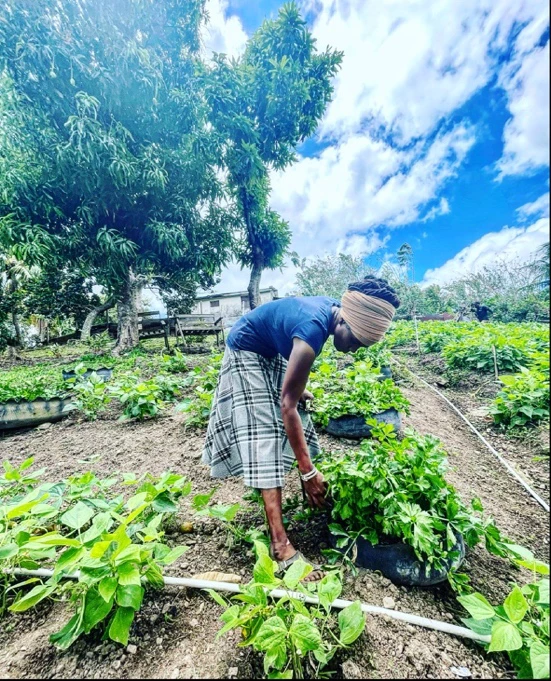
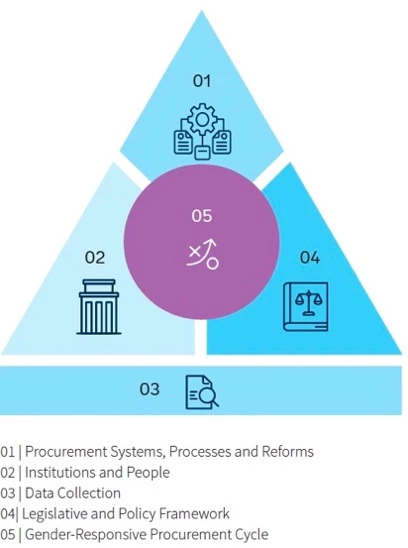
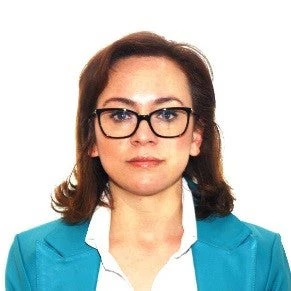
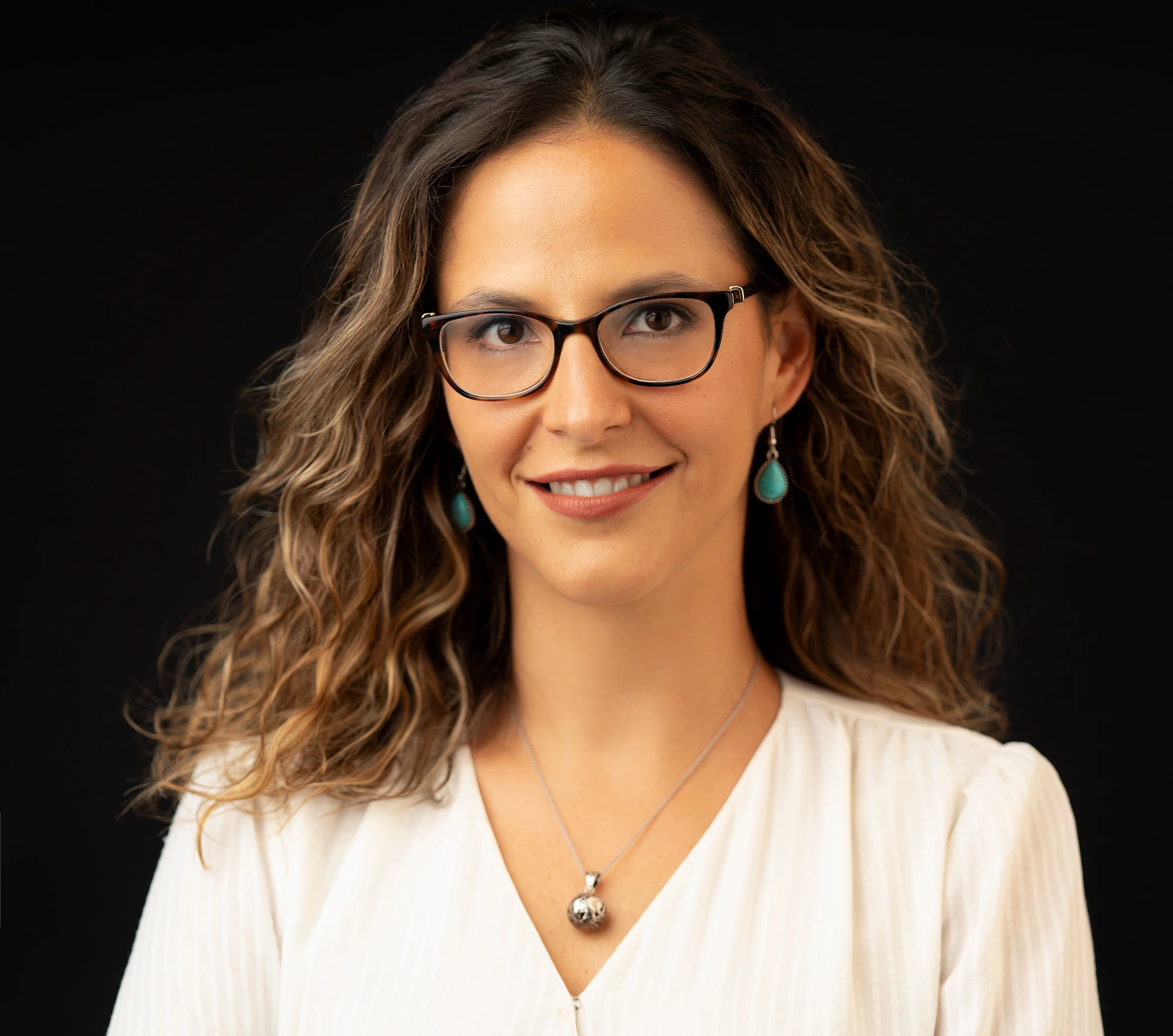
Join the Conversation